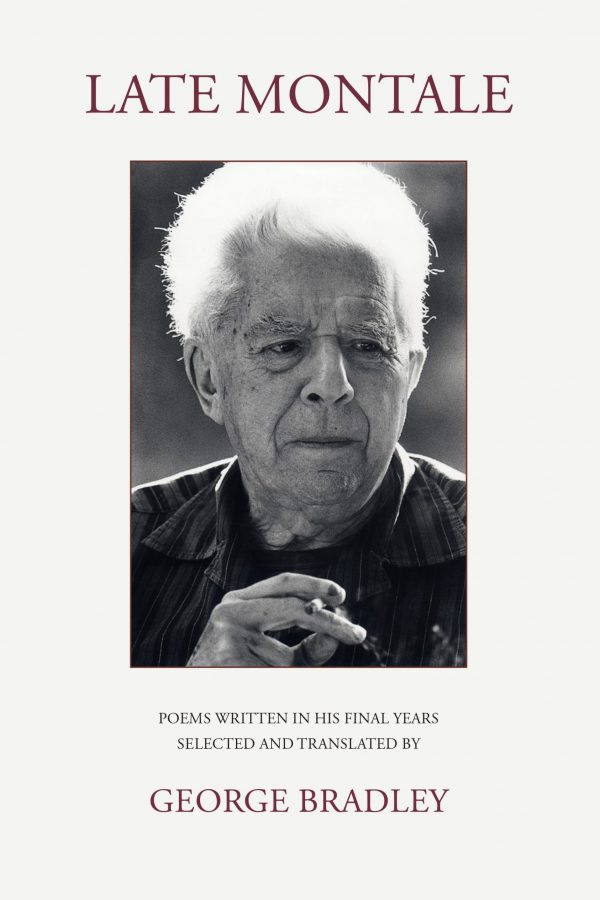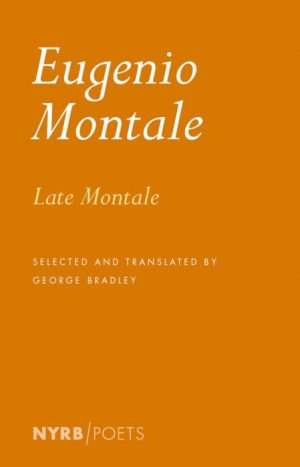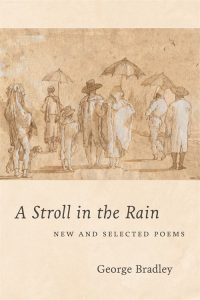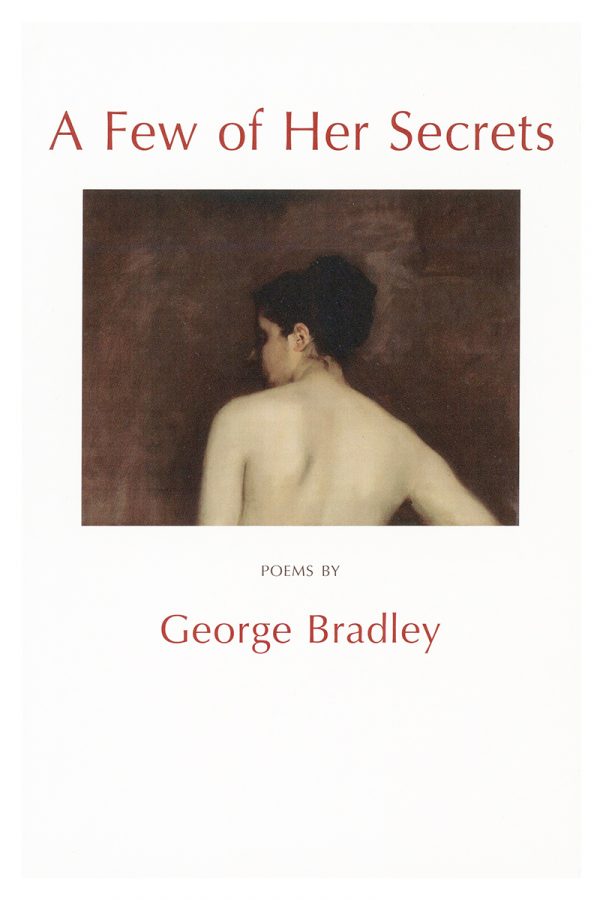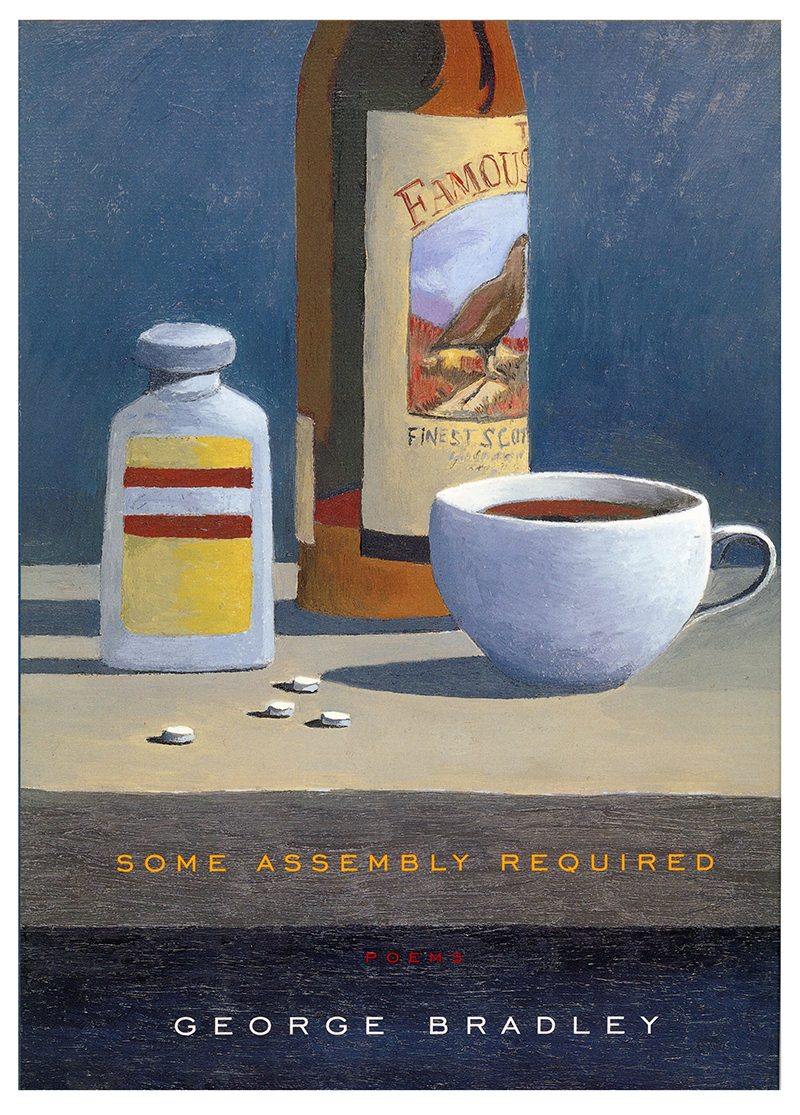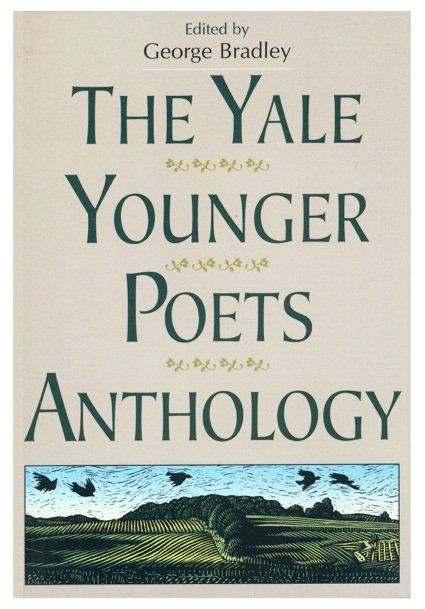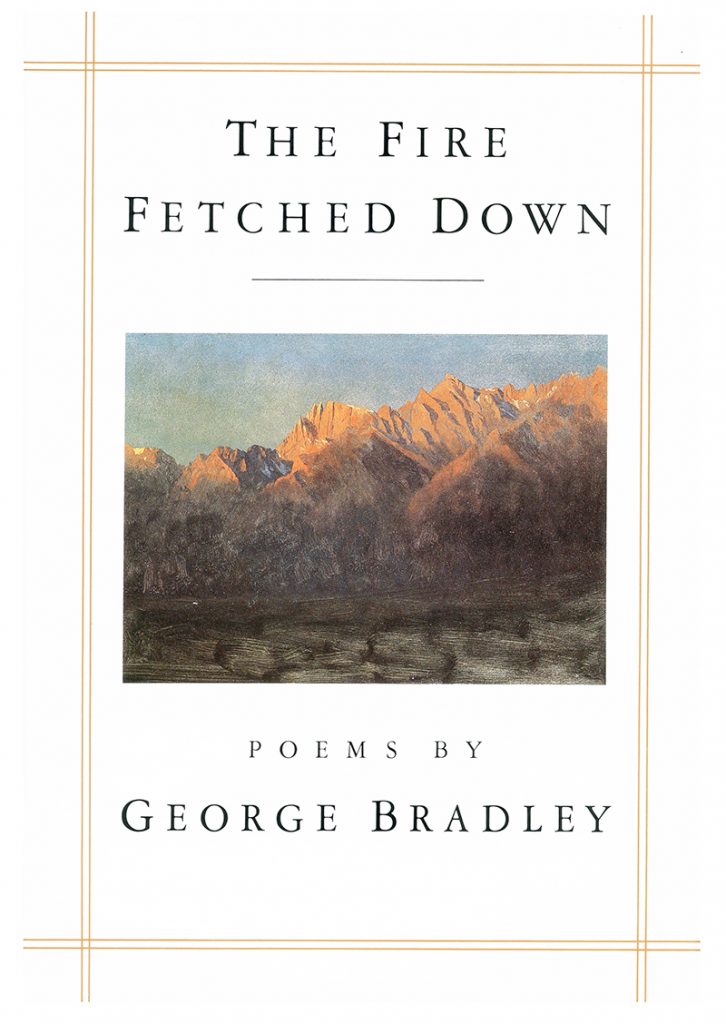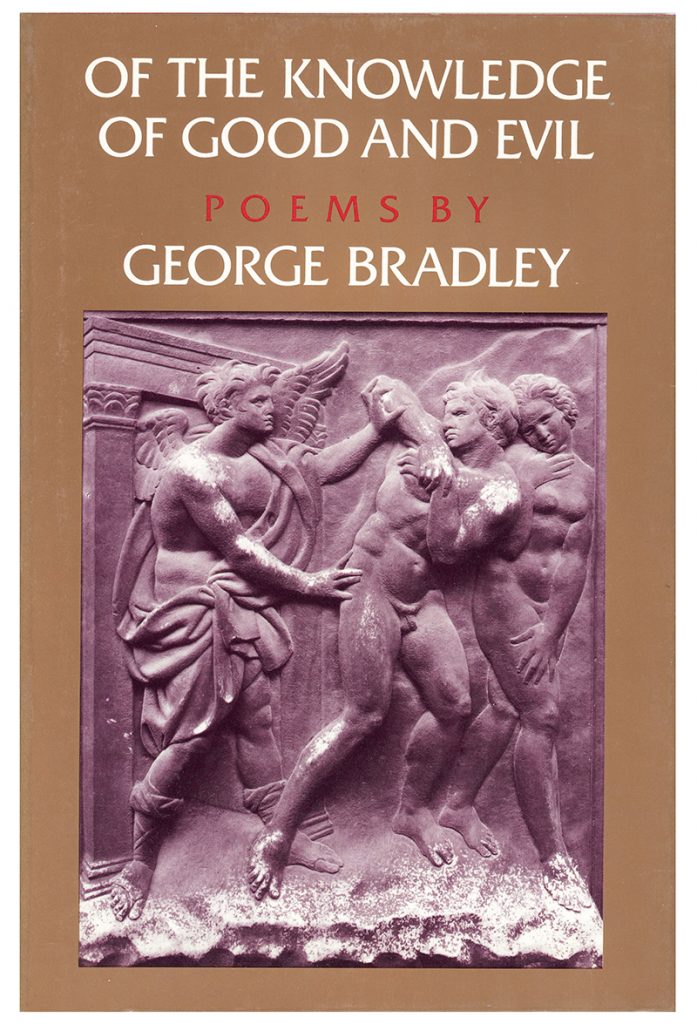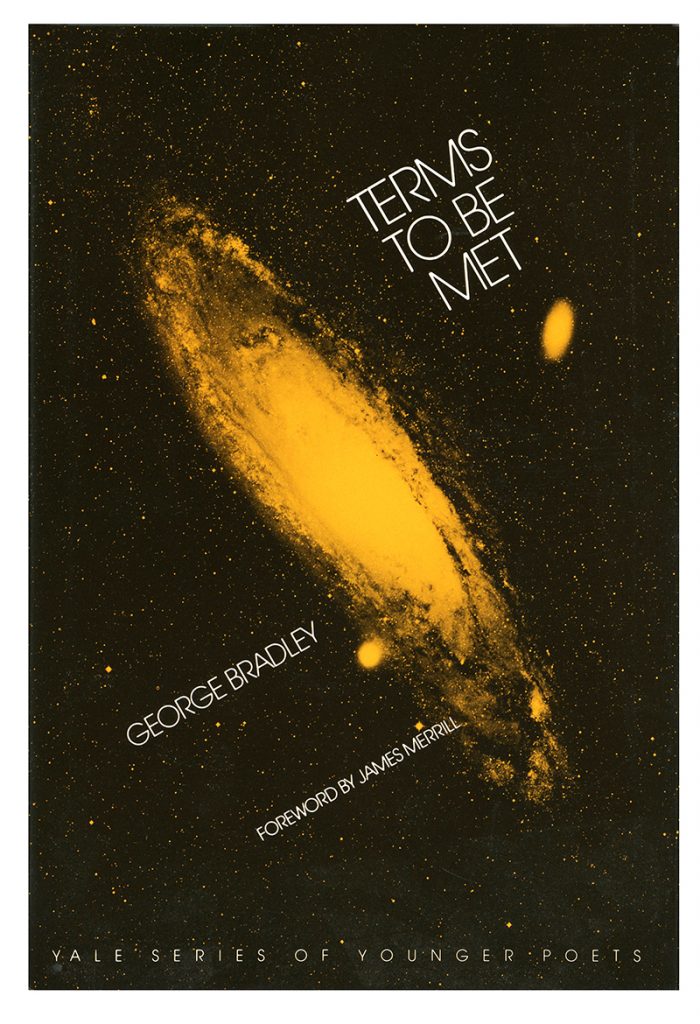Titles
Harper Collins, 2025
Here is a colorful tour through the enthralling world of oriental carpets and its unusual characters that is also an honest and often humorous meditation about beautiful objects and our impulse to collect them.
“A heartening allegory of art as freedom, knowledge as affirmation, and appreciation as civil style. Carpet Diem is a refuge of beauty and a joy to read.”
—Douglas Crase, author of The Revisionist and On Autumn Lakes
“A work of insight, wit, and dazzling literary skill; a must-read for anyone interested in oriental carpets and for all who appreciate an author who writes with the deftness found in the best fiction.”
–Thomas J. Farnham, coauthor of The Carpet and the Connoisseurs
“The journey from innocence to experience, from wide-eyed wonder to shrewd wisdom, rarely has been depicted so eloquently. . . .This book is as finely wrought and enchanting as the best Persian carpet.”
—Daniel Mark Epstein, author of Constellations
Waywiser Press, 2022
Late Montale presents a generous selection of the intimate, elusive, and trenchant poems that the Nobel laureate Eugenio Montale wrote in the last several years of his life. The work chosen for this volume includes fifty-five poems that were previously unavailable in English and now form a significant addition to the poet’s oeuvre. Bradley’s idiomatic, accurate, and graceful versions bring Montale’s Italian to the Anglophone audience with a new immediacy, and the extensive notes provided offer valuable information, much of it newly uncovered, regarding the many people and places referenced. Both readers coming to Montale for the first time and those familiar with his earlier work will find these translations compelling, and anyone interested in world-class literature will find Late Montale a fascinating volume. Here is poetry that is sometimes whimsical and sometimes shattering, but always honest, uncompromising, and richly rewarding.
“Montale once quipped that the early poems “were written in a tailcoat” and the late poems “in pajamas,” an image that goes a long way toward conveying the casual, relaxed mood of Late Montale. George Bradley’s versions feel as comfortable in their English as the originals do in their Italian, and his generous selection and discerning introduction and notes offer Anglophone readers their best chance yet to discover the many quiet pleasures of late Montale.
–Geoffrey Brock
Reprinted by NYRB Poets series, 2024
Louisiana State University Press, 2021
A career distinguished by national awards and major publications comes fully into focus. A Stroll in the Rain employs a wide variety of styles and forms, ranging from brief lyric to extended essay, evoking a mood of humor, tenderness, and awe.
Reading George Bradley’s collection of new and selected poems is a good deal more like a wide-ranging expedition through any number of cities and landscapes than it is like ‘a stroll in the rain.’ These poems abound in honesty, formal mastery, and trenchant wit. Bradley is the only contemporary American I know of who can pull off a poem in the tradition of eighteenth-century satire. His consistently inventive poems are by turns rueful and celebratory, political and personal, heartbreaking and hilarious. At times, they’re even clairvoyant.”
–Jacqueline Osherow
The Waywiser Press, 2011
Published simultaneously in The United States and The United Kingdom, this book turns to subjects as varied as 9/11, Kurdish carpets, Italian food recipes and mediocre film Westerns, treating them with reverence, affection, and reflection as the occasion demands.
“Each of this poet’s previous collections has been an event. A Few of Her Secrets may be his finest collection yet. It is a rare pleasure to witness a poet exulting in all the registers of language and having such enormous delight in his art.”
–Eric Ormsby
Knopf, 2001
Meditating on contemporary culture, on the natural world, and on the life of the poet, Some Assembly Required savors both the riveting accident of everyday life and the long view afforded by art in poetry that is taut, witty and dynamic.
“Most of these poems are bravura acts of high spirits, of an agile, daredevil mind and a rich and happy vocabulary. George Bradley’s assurance and command are always in evidence, and his achievement is delightful throughout.”
–Anthony Hecht
Yale University Press, 1998 (editor)
This anthology of the longest-running poetry series in The United States tells the story of American poetry in the twentieth century. Prefaced by an eighty-page historical overview, the volume contains poems selected from the first book by each of the ninety-two poets who comprised the series from 1919 through 1998.
“An important and elegant history of American poetry – how it has been written, received, and read over the course of the century. It is a fascinating survey of the shifting tides in this country’s literary taste.”
–J.D. McClatchy
Knopf, 1996
As up to date as the current cosmography, as steeped in tradition as ancient agriculture, The Fire Fetched Down overflows with energy, humor and intellectual curiosity.
“George Bradley’s The Fire Fetched Down earns its Promethean title, and helps persuade me that American poetry will go on maintaining itself as a high art. Everything in The Fire Fetched Down will sustain, and reward, many readings.”
–Harold Bloom
Knopf, 1991
The poems in this second volume of Bradley’s verse embody a wide variety of structure and stance, both lyric and narrative. They amplify the metaphysical ambition that characterizes Bradley’s work and deal with the only two subjects finally available to any author: the mystery of human consciousness and the unassimilable fact of death.
“In George Bradley’s new book there is a kind of nonplussed wisdom, generated by all the energies of detachment without withdrawal, of wonder without ignorance, of conviction without fanaticism. If it were not so easy on the ear and eye, such poetry would be called sublime–I think it is sublime anyway.”
–Richard Howard
Yale University Press, 1986
Poems concerning art, science and travel make up this volume, which was the winning volume in the 1985 Yale Series of Younger Poets competition. The judge that year was James Merrill, who wrote: “George Bradley belongs to a tradition of philosophical poets that includes Lucretius and Wallace Stevens . . . he has attained that rightness of wording which is a poet’s best chance of being remembered.”
From publishersweekly.com:
“Merrill compares Bradley, the 81st winner in the Yale Series of Younger Poets, to Marianne Moore, Wallace Stevens and Constantine Cavafy. Deservedly high praise, not only because Bradley is a poet of serious aims but because of his coolness, his elegance, his objectivity. His language is studied, precise and unmetaphorical, a music that suggests his influences without imitating them. Like Moore, he focuses on the empirical world. Like Cavafy, his imagination encompasses vast sweeps of history. Like Stevens, he enthrones the idea of the mind. Yet he outpaces these three in his studies of advanced physics; some of his poems seem to give new dimension to time and existence. Taken together, this collection stands as a tribute to man’s achievement and ingenuity as artist, builder, technocrat and thinker. This is an exceedingly fine work.”


